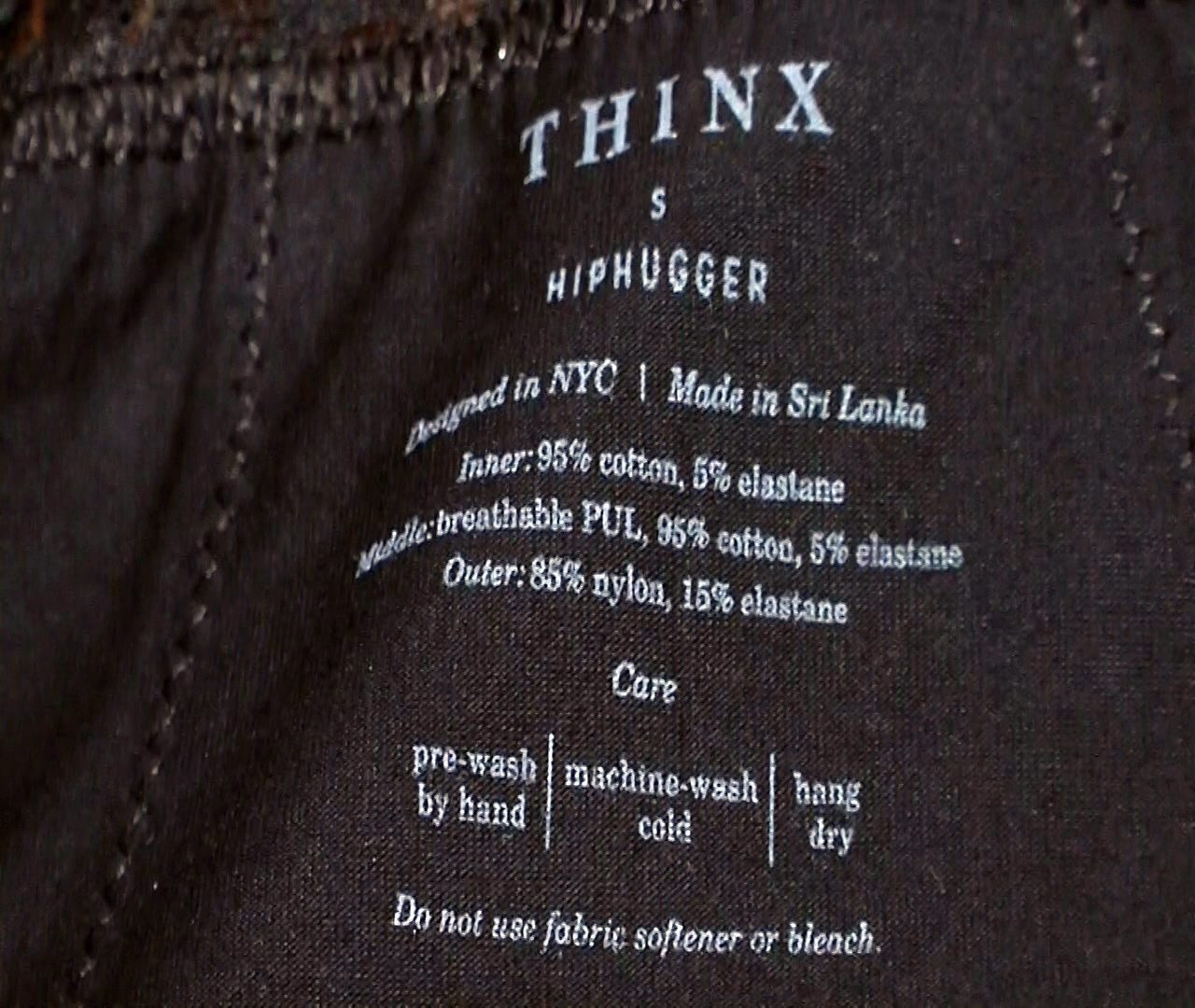Thinx, a popular brand that sells reusable period products, settled an up to $5 million class action lawsuit over claims of false advertising on Jan. 19 in the U.S., but the case has no bearing in Canada.
This class action lawsuit alleged Thinx used false advertising in their products, that their products were a safer and more sustainable approach for people who menstruate. But the products allegedly contain potentially harmful chemicals linked to harmful effects in humans.
“The litigation against Thinx has been resolved, the settlement is not an admission of guilt or wrongdoing by Thinx,” the company tweeted on Jan. 19. “We deny all allegations made in the lawsuit.”
We at Thinx have always been committed to bringing safe and sustainable leak protection to those who pee and bleed. pic.twitter.com/2AsKIPhBeI
— Thinx (@Thinx) January 19, 2023
A Final Approval Hearing will be held on May 24, 2023, to determine the fairness of the proposed settlement.
However it was found that some of their products may contain potentially toxic PFAS chemicals.
Per- and polyfluorinated alkyl substances (PFAS) is a large, complex group of chemicals that have the characteristic of being extremely persistent or durable.
The company denies it acted improperly and that PFAS were not part of its manufacturing process.
Miriam L. Diamond, a professor in the Department of Earth Sciences at the University of Toronto, said there are a minimum of 4,700 compounds and the ones that have been well-studied shows that they could be toxic.
PFAS are commonly used because they provide water, grease, and stain repellency, Diamond said.
She said the water and stain repellency could explain why traces of PFAS are found in reusable period underwear.
Jessian Choy, a freelance writer for Sierra Club Magazine, first brought attention to traces of PFAS in reusable period underwear in January 2020.
Choy said she sent in her Thinx reusable period underwear to Professor Graham Peaslee at the University of Notre Dame in Indiana, while working on an article about sustainable period products.
“I really wanted to write about these really comfortable things that you can wear,” Choy said. “But before I felt comfortable, like suggesting a brand of these comfortable menstrual underwear, I wanted to just know if it was truly less toxic.”
She had been using Thinx products long before 2019, and said the products were an incredibly comfortable alternative to other menstrual products.
Choy said her job was to look at and find less toxic products before she could recommend them to others.
The results of the testing on her period underwear indeed found traces of PFAS’s.
Choy said she was not surprised because of her awareness of PFAS beforehand, but was concerned nonetheless.
“I was concerned because I later on learned that this is like part of the most absorbent part of you know, our bodies,” Choy said. “This stuff does not degrade. We don’t need more of it in our bodies. No one’s found a way to get rid of it in our bodies.”
Diamond was also notably concerned about the use of PFAS in clothing and cosmetics.
“You know, as a mom, I don’t want my kids to be walking around in PFAS coated uniforms,” Diamond said. “I wouldn’t want my daughter to wear PFAS to wear underwear with PFAS, I think as a precaution, because it’s not worth it.”
Diamond said there are not many regulations or laws that govern the use of PFAS in Canada, unlike the U.S.
According to a publication about PFAS’s on the McMillan LLP website, regulating the chemical’s use is ‘in its infancy,’ meaning it is only mandated on a federal level and “in a limited way” in B.C. and Ont.
Waiting for the government to enact laws and regulations takes a long time, Diamond said.
She said consumer pressure makes companies respond, and the pressure is based on “scientific evidence of harm.”
“If we wait for regulation, it’s when people are poisoned, that we get regulation,” Choy said.
She said this Thinx settlement is the first step in people remembering that false advertising does not just apply to Thinx, but it can happen to any company.
Looking at the eco labels and asking companies for their certificates of lab testing, are only some of the ways consumers can stay safe, Choy said.
With the rising discourse about sustainability and eco-friendly options, reusable period products are gaining popularity.
Although the U.S. settlement has no impact on Canadian consumers of Thinx products, Choy said that consumers should be diligent in checking their products and labels.

